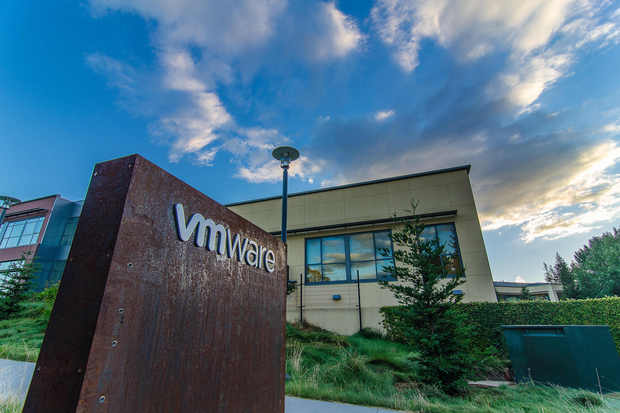New VMware Recertification Policy: Who? When? How?
 Last month, VMware introduced its new recertification policy. So, if you are a VMware certification holder, chances are that you’ll have to recertify before 10 March 2015 to keep your credential current.
Last month, VMware introduced its new recertification policy. So, if you are a VMware certification holder, chances are that you’ll have to recertify before 10 March 2015 to keep your credential current.
This policy covers for VCP certification. To recertify, VMware Certified Professional (VCP) holders must pass any VCP or higher-level exam within two years of earning their most recent VCP certification.
Until recently, VMware was one of the few IT certification providers who did not require their holders to recertify their skills. This may be convenient for lazy holders, but we all know that maintaining currency in the expertise is important, and employers are looking for candidates with the most updated credentials. And if your skills are not current, your certification loses value. The technical and business communities expect that VMware certified professionals are current on the latest technologies and capable of implementing VMware products with the highest level of skill. To ensure that all certification holders meet these expectations, VMware is instituting a recertification policy.
What exactly do I need to recertify?
All VCP level certifications — VCP-DCV, VCP-Cloud, VCP-Desktop — that were earned prior to March 10, 2013 must be recertified. Any VCP2, VCP3, VCP4, or VCP5 certification can be recertified during this period by simply taking a current VCP or VCAP exam. Anyone holding a VCP certification awarded prior to March 10, 2013 has until March 10, 2015 to recertify.
How can is recertify? What’s the process?
VMware gives you the following recertification options:
- You can take the current exam for your existing VCP certification solution track. For example, if you are a VCP3, you could take the current VCP5-Data Center Virtualization (VCP5-DCV) exam.
- Earn a new VCP certification in a different solution track. For example, if you are a VCP-Cloud, you could recertify by earning VCP5-Desktop (VCP5-DT) certification.
- Advance to the next level by earning a VMware Certified Advanced Professional (VCAP) certification. For example, if you are a VCP5-DCV you could earn VCAP5-DCA certification.
Recertification Process
- You will be notified that your certification is due to expire via your registered email address. New VMware transcripts also show the date the certification is valid.
- To recertify, you must pass any VCP or higher-level exam within two years of earning your most recent VCP certification.
- Failure to recertify by the required date will result in revocation of your certification.
- If your certification is revoked, you will lose access to the VCP portal and your right to market yourself as certified for that certification, which includes the use of VMware certification logos. Also, your transcript will reflect that your certification is no longer valid.
- If you would like to re-earn a certification for which you have been decertified, you must satisfy the same prerequisites as any candidate attempting to earn that certification for the first time.
So, if you are a VCP, you now have yet another reason to stay up to date with industry trends, and keep your expertise current. We all know it’s sure to pay off ;).
